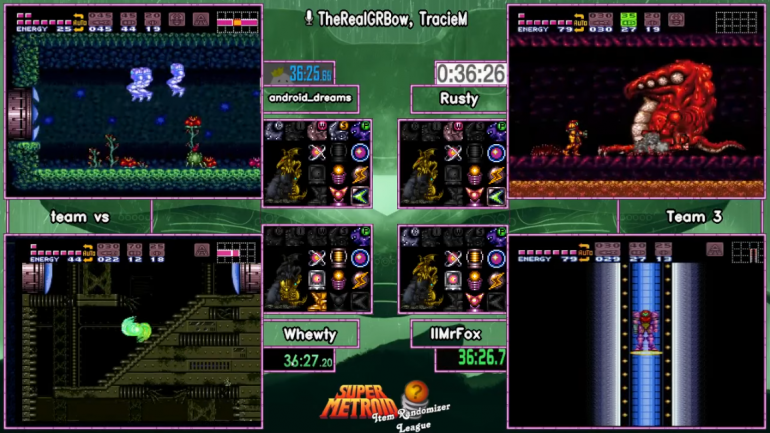
In order to play games in new ways and facilitate competitive races on Twitch, speedrunners and hackers have cultivated a new genre of speedrunning based on remixing classic video games.
In this paper, I investigate the histories, affordances, and legalities of the browser-based applications that lie at the heart of this practice—video game randomizers—using the Very Adaptive Randomizer of Items and Areas (VARIA) for Super Metroid (1994) as a primary case study. I begin my analysis with an overview of Super Metroid’s underlying game structures while elaborating upon its connections to broader speedrunning histories. This is followed by a summary of how randomizers function and a chronicling of VARIA’s development, in which I draw comparisons to a number of commercially released game technologies. I then perform a more deliberate analysis of VARIA using the walkthrough method, scrutinizing the application’s environment of expected use (that is, how users are encouraged to interact with it) and providing a technical walkthrough of its features (that is, a step-by-step account of its functionality).
I contend that VARIA is a crystallization of video game hacker and speedrunner activities, both enabling new practices through its affordances and codifying the expertise of its community members through its interface.
